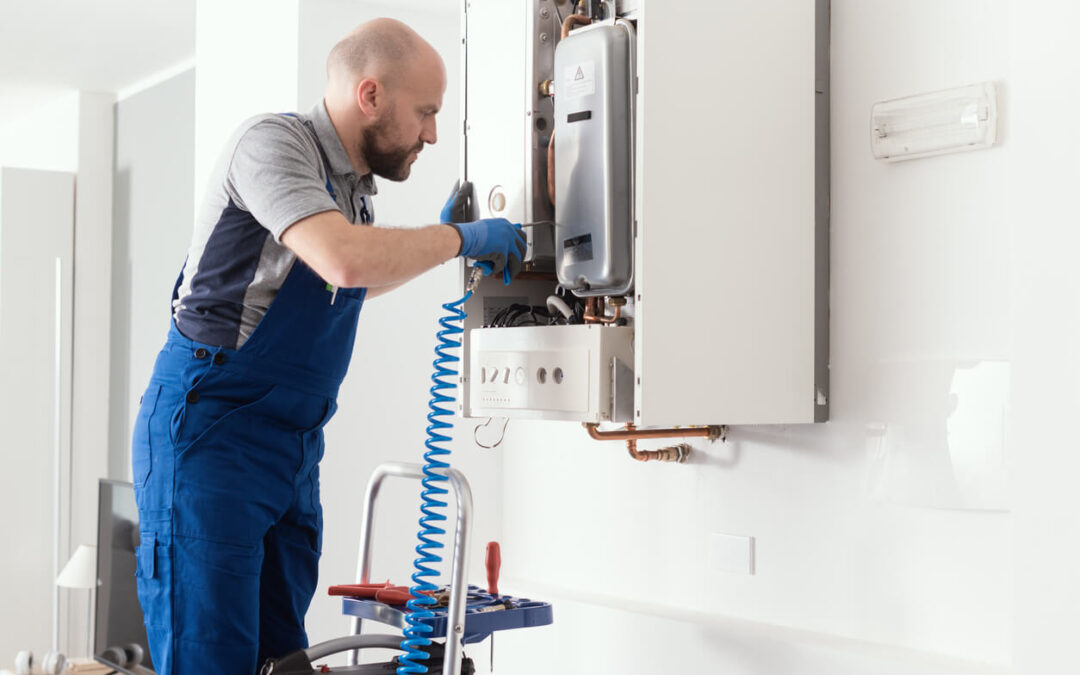Water heaters play a crucial role in everyday life, providing comfort and convenience for activities such as showers, dishwashing, and laundry. Traditional water heaters typically last anywhere between 10 to 15 years, but their longevity can be influenced by several factors. These include how well the system is maintained, the quality of water it heats, and the frequency of use. Understanding the lifecycle of your water heater can help you make informed decisions about maintenance and replacement, ensuring the system runs efficiently for as long as possible.
Water Quality and Sediment Buildup
One of the primary factors that can impact the lifespan of your traditional water heater is the quality of the water it heats. Hard water, which is high in minerals like calcium and magnesium, can lead to sediment buildup inside the tank. Over time, this sediment can reduce the efficiency of the water heater by insulating the heating elements, causing them to work harder. Regularly flushing the tank to remove sediment is an important maintenance step that can significantly extend the life of your system and improve its performance.
The Impact of Aging Components
As your water heater ages, its components—particularly the heating elements and thermostat—can begin to lose efficiency. When this occurs, your system requires more energy to heat water, which leads to higher utility bills. If you’ve noticed a gradual increase in energy costs despite consistent water usage, it may be a sign that the water heater is no longer working as efficiently as it once did. Upgrading or repairing these components can restore functionality and improve energy efficiency.
The Role of the Anode Rod
Another critical element in the maintenance of a traditional water heater is the anode rod. This component is designed to prevent corrosion inside the tank by attracting corrosive elements in the water. The anode rod gradually breaks down over time and needs to be replaced to maintain the integrity of the tank. If the anode rod isn’t replaced when necessary, the tank itself may begin to rust, leading to leaks or even complete failure of the system. Regular inspection and replacement of the anode rod can prevent costly repairs or early replacement of the water heater.
Signs Your Water Heater Needs Attention
Recognizing the signs that your water heater is reaching the end of its lifespan is crucial to avoiding sudden breakdowns. Common symptoms of an aging water heater include inconsistent water temperatures, strange noises coming from the tank, water leaks, or rust-colored water. If you notice any of these warning signs, it’s important to call a professional for an inspection. Waiting too long to address these issues can result in an emergency situation, requiring immediate repairs or even the installation of a new water heater.
Regular Maintenance Can Extend Lifespan
Performing regular maintenance on your water heater is key to keeping it running smoothly for as long as possible. Annual inspections by a professional plumber can identify issues like sediment buildup, corrosion, or worn-out components. Catching these problems early can help avoid more extensive repairs and extend the life of your water heater. Even if your system is still functioning well, a simple inspection can save you from costly future repairs by addressing minor issues before they escalate.
For homeowners in Houston, Champion Plumbing Services offers expert services for all your water heater needs, from regular maintenance and repairs to complete replacements. If you suspect your water heater is aging or need a professional assessment, Champion Plumbing Services can help ensure your system is working efficiently and reliably. With years of experience, their team is ready to assist with all your plumbing and water heating needs, providing quality service to keep your home running smoothly.

